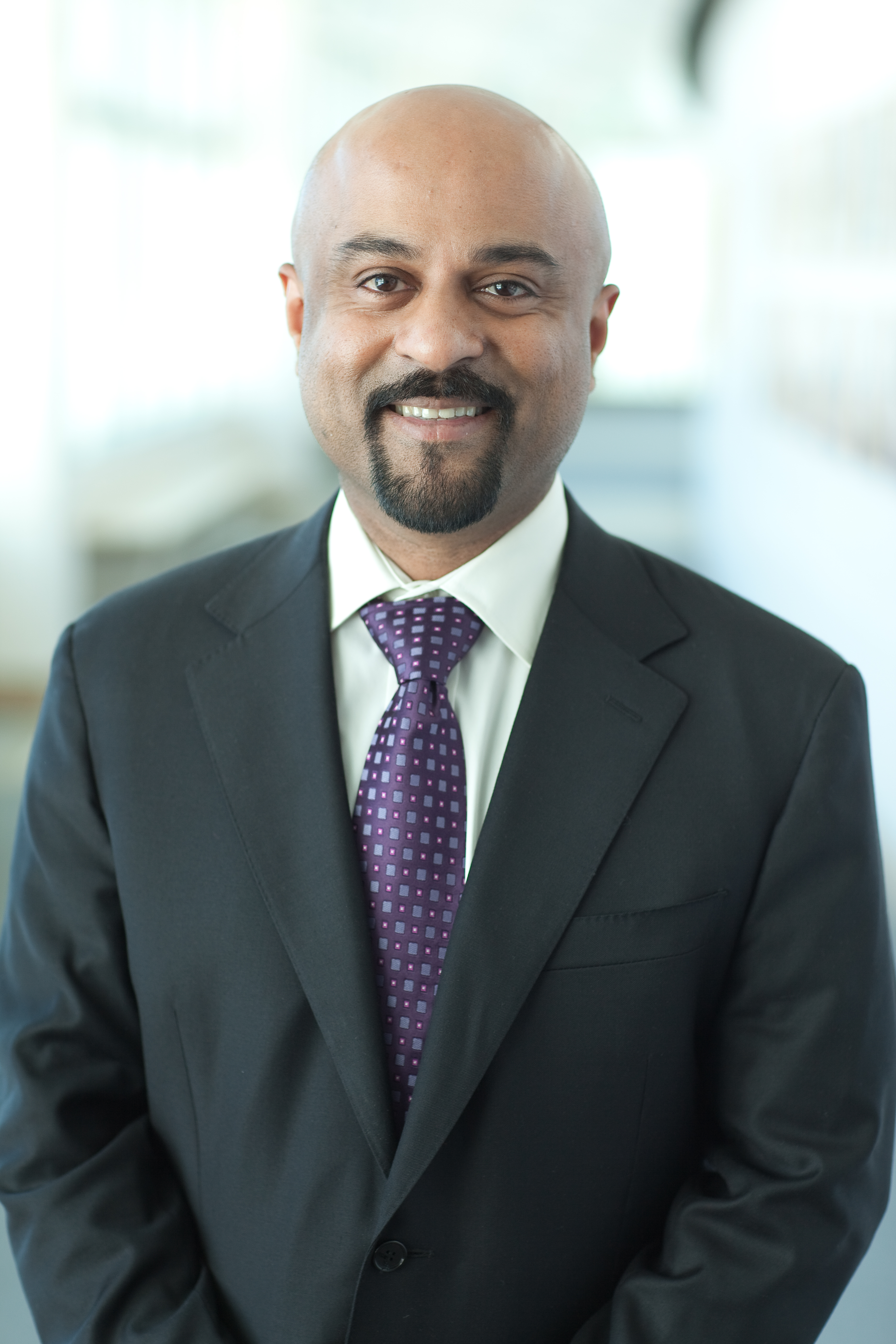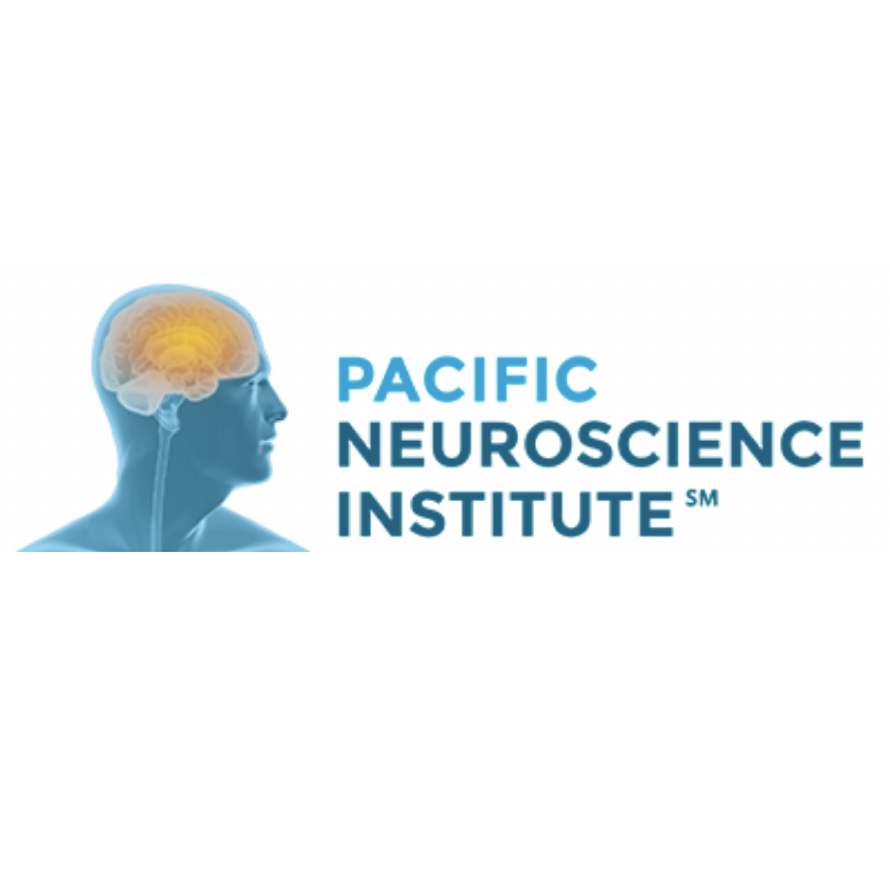Translational Research on Glioblastomas
Tumors are unique genetically, which makes it difficult to predict how effective any one drug or treatment will be on a specific tumor. This means that a customized approach, like Dr. Kesari’s, has the best chance for better outcomes. The overall goal of the lab’s research is to improve precision medicine and immunotherapy approaches for brain cancers and neurological disorders. This research could improve survival and lower brain toxicity in affected patients.
At the Pacific Neuroscience Institute (PNI) and John Wayne Cancer Institute (JWCI), Dr. Kesari examines specimens from patients in clinical trials. Translational research like this, where surgeons and researchers are working together to customize treatment plans for patients with brain cancers, requires a great deal of manpower, resources, and speed in order to make a difference for patients. Time is of the essence when typical outcomes are this poor.
While killing cancer, Dr. Kesari, as part of the teams of PNI and JWCI, has contributed to research on neurotoxicities (chemobrain, fatigue, peripheral neuropathy, memory loss, hydrocephalus, etc) of cancer treatments like surgery, radiation, chemotherapy and immunotherapy in order to prevent them. Some of this research has been expanded and applied to other areas of neurological disorders including Alzheimer’s, Parkinson’s, multiple sclerosis, and other neurodegenerative diseases, peripheral neuropathy, leading to developing a Brain Health Program for healthy brain aging as well as early cancer detection.
Dr. Kesari and his colleagues work toward their goals with three levels of research:
-
Basic lab research looking at what makes cancers grow, which can then help researchers determine the best drugs and combinations of treatment to kill them.
-
Translational research, where researchers collect patients’ tumors, blood, spinal fluid and study in lab to personalize therapies for each patient in real time.
-
Clinical trials to study new drugs in patients to improve efficacy.
There are many challenges faced by PNI and JWCI when trying to get their treatments “from bench to bedside.” Extensive research is required to link patients to the drugs that could work best for their unique brain tumor or neurological disorder. And then extensive work has to be done after the fact to get drugs and treatments approved for use and dissemination. Dr. Kesari’s work, and the work of his colleagues at PNI and JWCI, has resulted in over 20 patents filed, and several company formations, including:
-
Curtana Pharmaceuticals, developing the first glioblastoma cancer stem cell drug
-
MD2 Biosciences Inc, developing a colon and pediatric cancer stem cell drug
-
PrimeVax Immuno-Oncology, developing viral immunotherapy for melanoma and other cancers
-
Batu Biologics, developing cancer blood vessel vaccine approach
-
Nascent Biotech, developing antibody immunotherapy for brain and other cancers
The Future of Dr. Kesari’s Research
-
Pediatric Brain Tumor Treatment: Dr. Kesari’s team has identified direct beta-catenin inhibitors for brain tumors in children, and are planning to do the studies leading to investigational new drug (IND) phase in the coming year
-
Neurological Disorders: Dr. Kesari’s team has identified sigma one agonist and CDK5 inhibitors for neurological disorders (Alzheimer’s, autism, etc), and are currently planning for the studies that will identify lead drugs
Gliomas are the most common type of primary brain tumor. The most common of these is the glioblastoma multiforme (GBM) which grows rapidly and carries a 18 month average life expectancy. Dr. Santosh Kesari, of the Pacific Neuroscience Institute & John Wayne Cancer Institute, has dedicated the last 20 years to killing cancer in the brain and minimizing the negative effects of cancer treatments.
Bio
Dr. Santosh Kesari was always interested in who we are, and what drives us. Everything he learned pointed to the brain. Fascinated by how the brain works, Kesari gravitated toward neuroscience and neurology, and eventually neuro-oncology. Kesari identified brain cancer patients as the greatest unmet need, and had a desire to improve outcomes.
Now Dr. Kesari is ranked among the top 1% of neuro-oncologists and neurologists in the nation. He is currently Chair and Professor, Department of Translational Neurosciences and Neurotherapeutics, John Wayne Cancer Institute. He is also Director of Neuro-oncology at Pacific Neuroscience Institute, Providence Saint John’s Health Center and Providence Little Company of Mary Medical Center Torrance, and leads the Pacific Neuroscience Research Center at Pacific Neuroscience Institute.
Dr. Kesari is a physician/scientist, harnessing his experience in surgery, chemotherapy, immunotherapy, radiation therapy and novel devices to help develop Precision Therapeutic Strategies that will advance medicine to a new stage in the battle against brain tumors and eradicate the disease. He is committed to the Pacific Communities and works with several institutions (hospitals, research institutions, companies) from LA, Orange and San Diego counties as well in the Seattle and Bay areas. Kesari is looking to accelerate transformational changes to improve lives of patients with cancers and neurological disorders through effective partnering with philanthropists, foundations, academic institutions, and companies.


